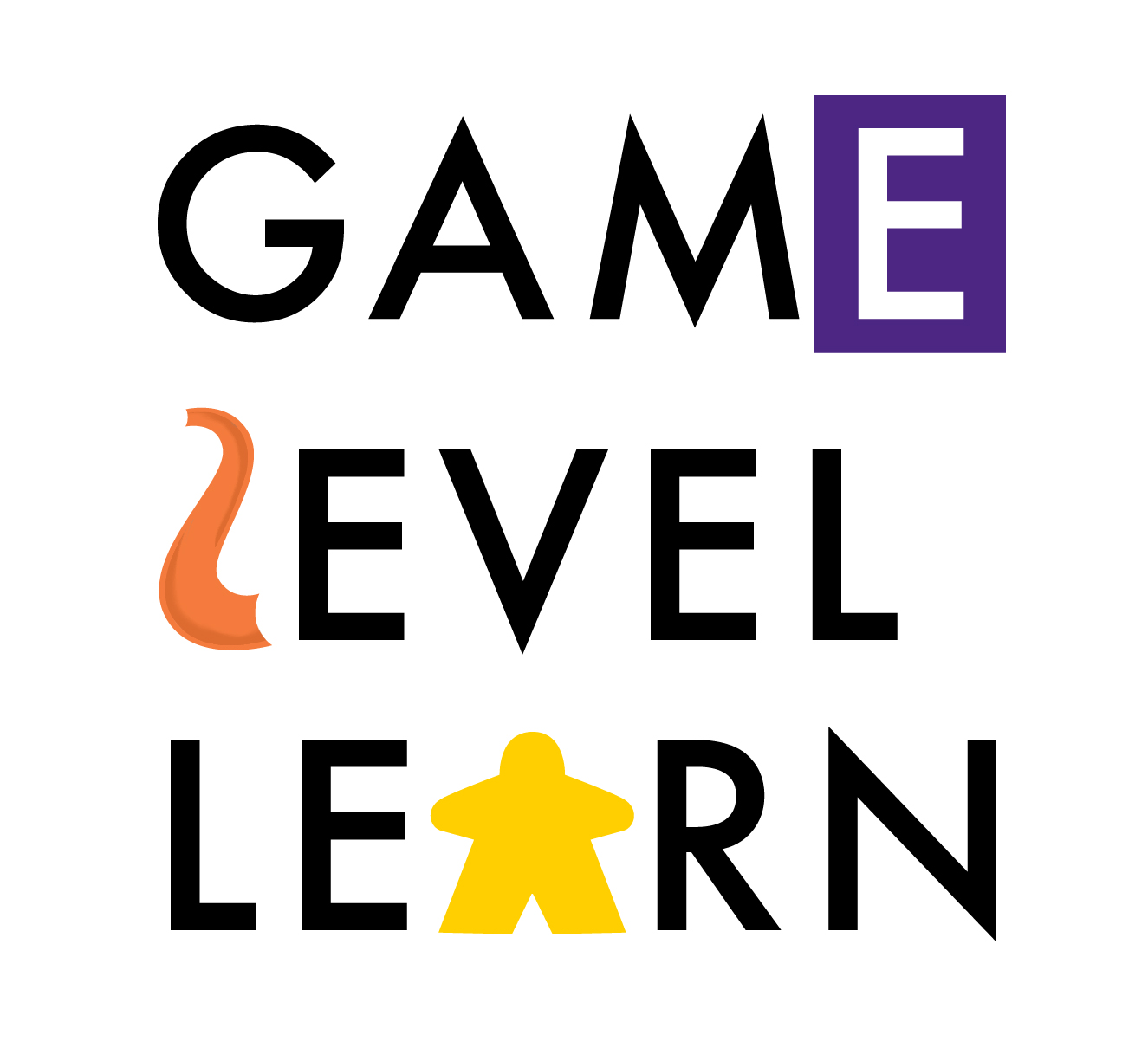51 Mechanics: Action/Movement Programming
/BoardGameGeek (BGG) is a singular repository of gaming information, knowledge and wisdom that has been serving the modern board game hobby since 2000. I consult it regularly and have used its database to manage my own game collection. I also used it when I was writing my 2016 book on gamified instruction, particularly with regard to the game mechanics that BGG identified and organized content into. While there are more than 85,000 games, even now, there are just 51 mechanics. Since every mechanic offers something to the teacher who wants to use games in the classroom, I'm going to use this section of Game Level Learn and my own contributions to it to assess games from each of these 51 mechanics. Next up?
ACTION/MOVEMENT PROGRAMMING.
Action/Movement Programming games require the player to secretly, but unalterably, make decisions about what s/he is going to do on their next x number of turns. Once the decisions have been made by all players, the consequences of these decisions are executed. Very, very frequently, a move that seemed perfectly reasonable, even genius, when it was programmed becomes a disastrous error when it is executed because of the way the state of the board has changed. These kind of games strongly stimulate algorithmic thinking in players and are really good at helping younger players develop a capacity to see various strategic states that might develop on a board as a result of players' decisions. They're strategic, intriguing, maddening and exciting in equal measure. Here are five you should consider picking up at your friendly, neighborhood game store:
Colt Express (BGG Rank: 255)
Colt Express is worth having in your collection if only for its three-dimensional board (and the fact that its great fun). It implements the action/movement programming mechanic in an especially crazy-making way. Players follow the game's instructions and play action cards into a common pool of action cards which are executed in order once all players have put cards on the stack. Insane, but there are rewards for being able to understand the board (a skill I sadly lack...).
duck, duck, Go! (BGG Rank: 3,458)
Any game whose pieces are rubber duckies is going to get special attention. This game's adorable! And it's a good game for younger audiences to begin to get their brains around the notion of programming. Players give ducks certain movements and they execute these movements trying to find their way to a number of checkpoints in a race. The first duck to complete the circuit wins. Great for kids...totally interesting for adults, too, though.
Gravwell: Escape From the Ninth Dimension (BGG Rank: 765)
Another very accessible game, in Gravwell you are the pilot of a ship stuck in a black hole's gravity well. Your object is to use a variety of fuels that you harvest from the gravity well to get your ship out of the event horizon first. The problem is that fuels have different firing times (the earlier in the alphabet is a fuel's name, the earlier it triggers) and, moreover, some fuels pull you towards other ships or push you away from those ships. A trickier prospect than it would seem. Great fun and accessible to younger players.
Robo Rally (BGG Rank: 287)
The definitive example of a action/movement programming game, Robo Rally gives a nice balance between exciting play and infuriating play...it gives both in more or less equal measure. Your object is to move a robot through a simulated factory floor while conveyor belts, pits and your fellow players are trying to thwart you. And you have to program your movement before you execute it. And you can't see what the other players are doing first. MADNESS.
Room 25 (BGG Rank: 769)
Designed by my friend François Rouzé, in Room 25 you are attempting to escape from a prison which has no discernible exit. You must program your actions before you take them, sometimes resulting in surprising turns of events.
The Star Wars X-Wing Miniatures Game, Star Trek Attack Wing and an old classic, Full Thrust, also feature this mechanic in one way or another and would be worth your consideration, mindful that they can very quickly become VERY expensive!
[Thumbnail photograph comes from: https://boardgamegeek.com/image/1581209/room-25?size=large]

